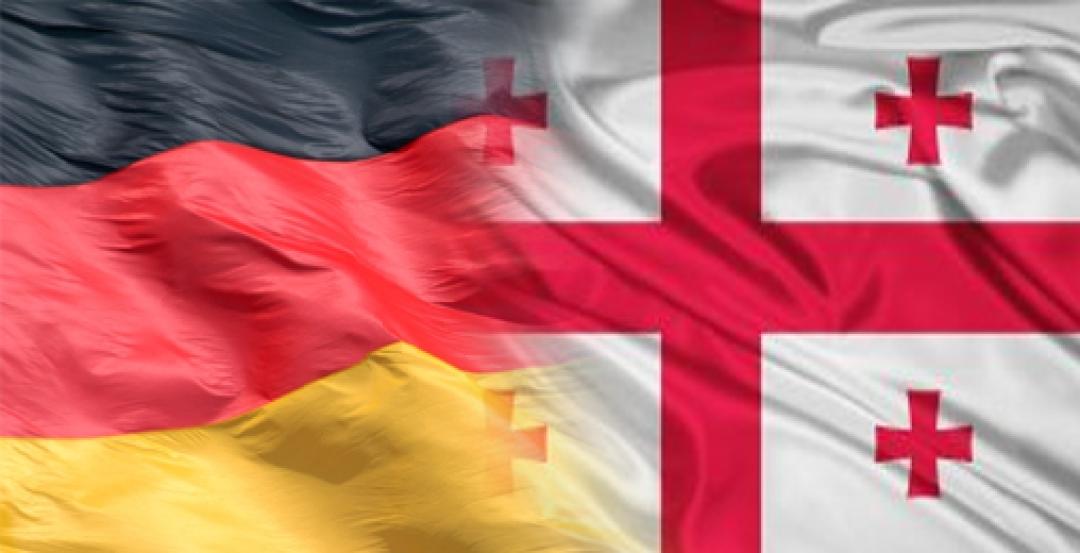
Germany Announces Halt in Financial Aid and Cooperation with Georgia

On July 10, German Ambassador to Georgia, Peter Fischer, announced significant changes in Germany's engagement with Georgia due to recent anti-Western policies adopted by the Georgian Dream government. This includes halting new financial commitments, withdrawing from the military exercise Noble Partner—already canceled by the U.S.—and canceling an important legal conference.
Speaking at a conference on EU enlargement, Ambassador Fischer expressed deep regret over the European Council's decision to halt Georgia's EU accession process. This decision, made by the 27 heads of state and government on June 27, reflects the stalled progress due to the Georgian government's current policies. The Ambassador stressed that the pace and quality of the accession process largely depend on the candidate's actions, underscoring that rapid progress could be possible under different circumstances.
Furthermore, Ambassador Fischer highlighted a comprehensive reassessment of Germany's relations with Georgia, including suspending new financial engagements and other cooperative activities like the aforementioned legal forum originally scheduled to take place in Berlin.
Addressing the Georgian public directly, Ambassador Fischer emphasized the EU's importance to Georgian citizens, urging them to reflect on what EU membership would mean for themselves and future generations. He clarified that meeting EU standards is essential for accession and encouraged Georgians to familiarize themselves with EU treaties, the Copenhagen criteria, and other relevant documents to understand the significance of the European Council's decisions.
Responding to questions about transparency at the conference he attended, the Ambassador explained that the closed-door nature of the meeting was intended to facilitate frank discussions among experts and was not indicative of a lack of transparency.
In response to rumors about Germany halting visas for Georgian students, Ambassador Fischer categorically denied such measures, confirming that no changes had been made to visa policies for Georgian students.
“We would like to have a very positive relationship with Georgia” – said the German ambassador.
He also talked about the NATO summit: "You know that as we stand here, the 75th-anniversary summit of NATO is taking place in Washington, and our alliance, I speak for Germany, where Germany plays a leading role, is very strongly opposed to Russian aggression and any form of Russian aggression. I can only repeat that we want to have a very positive relationship with Georgia. During this time, we had a very positive and constructive relationship with Georgia. Germany supported the armed forces of Georgia with many tens of millions of euros, and we want to return to that," said Peter Fischer.
Ambassador Fischer also answered the question about the statement of the Minister of Foreign Affairs of Georgia regarding the suspension of military aid to Georgia by the European Union, according to which Ilia Darchiashvili said that he does not understand micro-decisions of this type.
"I have publicly said many times that the process and politics of joining the European Union are very easy to understand. It is enough to read it. All you have to do is read the EU Treaties, and then you will know what the EU stands for. Just read the Copenhagen criteria, and you will know what is required to join. It is enough to read the Commission's evaluations, read the decision of the European Council, these are 27 heads of state and government, these are Chancellor Scholz, President Macron and others. These are the political leaders who make the decision to join the European Union. So everyone can see for themselves what level it is. This is the highest level," – argued the German ambassador to Georgia.
See Also


Armenia Records 5.9% GDP Growth in 2024, Missing 7% Goal

Yerevan Balances Strategic Ties with Both US and Russia, Says Foreign Minister

FM Mirzoyan: Peace Deal with Azerbaijan Is Within Reach

Pashinyan and Erdogan Hold Call, Reaffirm Commitment to Ongoing Dialogue

